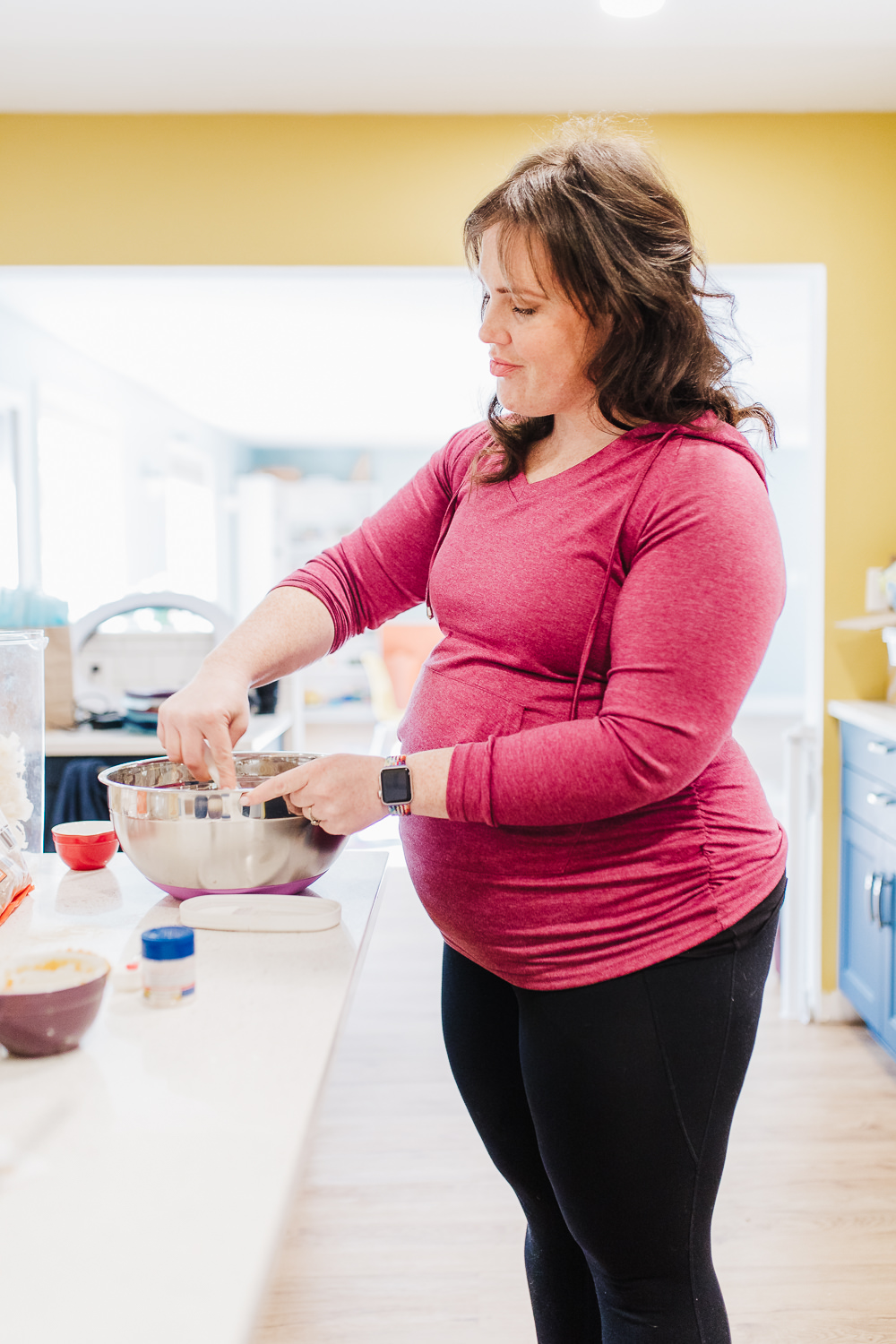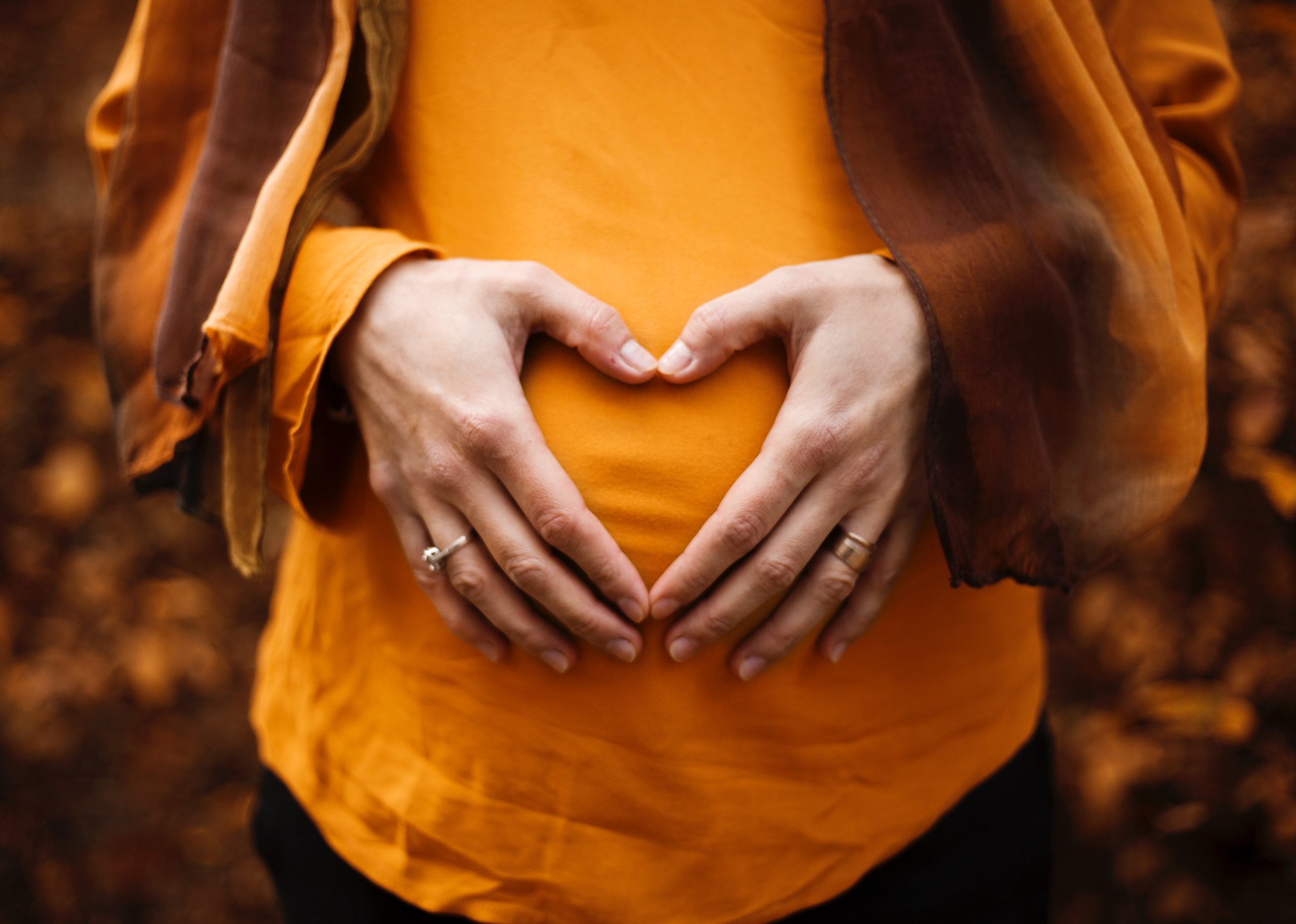Programs
Blog
About
PRegnant
LifeStyle
Postpartum
EXPECTING A BABY IN THE NEXT FEW MONTHS?
DOWNLOAD MY FREE POSTPARTUM ESSENTIALS CHECKLIST
Hi, I'm Liz!
I'm a chocolate-loving nutritionist,
pre & postnatal coach, doula and let's face it- total birth nerd 🤓.
I'm here to help you cut through mommy-marketing and pinterest perfection to confidently cultivate a pregnancy and postpartum experience you totally love.
Let's Connect
RECIPES
BREAKfast
beverages
main dish
dips & Dressings
salads & Sides
snacks
soups
treats
instant pot
one dish meals
quick meals
Pregnancy
Birth Planning
FIrst Trimester
Second Trimester
THird Trimester
Postpartum
Postpartum Planning
FOurth Trimester
REcovery
wellbeing
Fitness
Pregnancy Loss
Understanding Loss
Recovery After Loss
Friends & Family SUpport
PArent Life
Pregnant?
Check out the
5 core exercises you need to know!
Take the stress off your plate! Download
Meals Made Simple!
i need this!
Yes Please!
shop SAfer at beautycounter
Get the BEst Non-toxic Deodorant!
FItness
Nutrition
Nutrition
Grief & wellbeing
Pregnancy After Loss
Understanding Loss
Recovery After Loss
Friends & Family SUpport
Grief & wellbeing
Pregnancy After Loss
Understanding Loss
Recovery After Loss
infant & Toddler Feeding
Grief & wellbeing
Pregnancy After Loss
Newborn Care
Family Dynamics
PArent Relationships
lactation
Pregnancy After Loss
Guide to Non-Toxic Period Products
Do you know what’s in your pad or tampon? If you’re like most, you may innocently assume cotton or those blue-gel things from the commercials. However, many period products contain chemicals and toxins you may not want to put inside your highly absorptive vagina. Polluted menstrual products are a sure-fire way to get unwanted chemicals directly into the bloodstream, affecting hormonal health and fertility. Choosing non-toxic period products will reduce toxic exposure, supporting hormone health and fertility.
What’s in that tampon?
Dioxins
These chemical by-products come from bleaching cotton and rayon fibers for tampons and pads.
Dioxins are considered:
- Highly carcinogenic
- Endocrine-disruptors
- Highly cumulative in the body. (1–3) They can accumulate in breast milk and affect neurodevelopment in children.(2,4)
- Damaging to the reproductive and immune systems
- Associated with risks in fetal development. (1–3)
Volatile Organic Compounds (VOCs)
VOCs are gasses that can be emitted from many products including paints and pesticides and may also show up in your tampon. These compounds have been associated with kidney, liver and nervous system damage. (5)
Pesticides
Unless the cotton is listed as organic, it will have been exposed to pesticides, such as glyphosate (aka round-up). Glyphosate was listed by WHO in 2015 as “probably carcinogenic” (6) According to Real Food for Pregnancy, glyphosate harms the body’s gut and liver function; two things vital to a healthy pregnancy. (15)
PFAS
These are man-made chemicals found in fabrics and packaging that are stain and water-repellant. See recent Thinx scandal
Potential risks with exposure:
- Cancer risk
- Low birth weights
- Thyroid dysfunction
- Immune system toxicity. (13)
Phthalates, Parabens, BPA, and TCC
Phthalates, parabens, BPA, and TCC are common additives to personal care products for their plasticizer and antimicrobial properties.
Plasticizers provide flexibility and help fragrance stick, so what’s the problem?
The down side: all of these ingredients are linked to throwing off the very delicate balance of our hormones. Balanced hormones are vital for fertility, pregnancy, and overall health.
Potential risks with exposure:
- Increased risk for breast cancer
- Endometriosis
- Fertility problems due to disrupting ovulation
- Lower birth weights
- Increased inflammatory biomarkers in both mom and baby (8,9)
- Preeclampsia
- Early labor
- Miscarriage (9,10)
No longer sounding too nice and innocent.
These chemicals are found in pads, tampons, and panty liners. One study found a higher concentration of phthalates in diapers and pads than many commercial plastic products.(11)
You may also like: 5 toxins to avoid in your beauty products

The FDA Doesn’t Require Ingredient Labels
Don’t recall seeing “VOC’s” or “Dioxins” listed on the packaging for any period products? Menstrual products such as pads and tampons are technically “medical devices,” so the FDA does not require manufacturers to disclose ingredients. (5,14) This is why it is important to look for companies committed to ingredient transparency, sourcing and third-party validation.
Safer Non-toxic Period Products

Reusable silicone menstrual cups
Have a busy day? Menstrual cups are low maintenance period dream! Set it and forget it (for up to 12 hours), then wash, rinse and repeat. They are great for heavy or light flows, so no need to change what you use through your cycle. Since they only need replacing once a year, menstrual cups reduce waste and save money.
Recommended Brands: Diva Cup, OrganiCup, Cora Cup, Saalt Cup
Reusable pads
These are an amazing alternative to conventional disposable pads. Choose a pad made with organic cotton or bamboo fibers. Reusable pads will decrease plastic waste, exposure to toxic ingredients and cut your monthly menstrual cost!
Recommended Brands: Luna Pads, Glad Rags
Period Underwear
Free flowing mess-free with period underwear is an amazing period and postpartum option. However, not all period underwear is a non-toxic alternative. Popular period panties Thinx were recently found to contain PFAS when tested by a third party. We recommend holding off on purchasing until they can improve their transparency and product quality.
Knix leak proof period underwear is made with carbon cotton that naturally reduces odor and bacteria. These panties are a great period back-up when worn with a cup or for lighter flow days. They hold 3 mL of liquid, about the same as a light tampon. All Knix products are free of PFAS and OEKO-TEX® certified (this is a certification that tests textiles for harmful substances).
Non-toxic reusable pads and period underwear do require an upfront investment, however you do get your investment back with reusability.
Non-toxic AND Disposable
Maybe the thought of reusable period products has you grossed out. Totally fair.
Here are some disposable and non-toxic alternatives:
- Flex Disc is a disposable menstrual disc made of medical grade polymer. This disc works similarly to the menstrual cup, lasting up to 12 hours, and replaces up to 3 super tampons. This is awesome for heavy flows or for those who may need to empty a cup but can’t clean it. Disposable FTW.
- 100% organic, chlorine-free pads and tampons:
- Cora has 100% organic cotton pads and tampons and are available at Target.
- L. products are “made by women for women” and does a 1:1 donation of a pad for a girl in need for every pad or tampon purchased. They are available at Target.
- Seventh Generation Free and Clear 100% organic cotton, chlorine-free pads and tampons are an accessible and affordable option at Target. Also, Seventh Generation advocates for menstrual equity: the right for the availability of non-toxic period products for all women.
The Bottom Line
Ditch the douche, sprays, and scented tampons, ya’ll. Your vagina does not need to smell like a tide commercial.
Be aware of the hidden toxins out there, so that you can make an educated product choice that is best for you and your flow.

References:
- EWG Skin Deep® | What is DIOXINS. https://www.ewg.org/skindeep/ingredients/726351-DIOXINS. Accessed February 3, 2020.
- Buckley T (EPA). EWG Dioxin Analysis | Dioxin | EWG. https://www.ewg.org/release/dioxin/analysis. Accessed February 3, 2020.
- Lampa E, Eguchi A, Todaka E, Mori C. Fetal exposure markers of dioxins and dioxin-like PCBs. Environ Sci Pollut Res. 2018;25(12):11940-11947. doi:10.1007/s11356-018-1447-y
- Tai PT, Nishijo M, Anh NTN, et al. Dioxin exposure in breast milk and infant neurodevelopment in Vietnam. Occup Environ Med. 2013;70(9):656-662. doi:10.1136/oemed-2012-101021
- Persellin K. New Push for Ingredient Labels on Menstrual Products | EWG. https://www.ewg.org/news-and-analysis/2019/09/new-push-ingredient-labels-menstrual-products. Published 2019. Accessed February 1, 2020.
- WHO | Frequently asked questions. https://www.who.int/foodsafety/faq/en/. Accessed February 4, 2020.
- Glyphosate & Glyphosate Formulations. https://ntp.niehs.nih.gov/whatwestudy/topics/glyphosate/index.html?utm_source=direct&utm_medium=prod&utm_campaign=ntpgolinks&utm_term=glyphosate. Accessed February 4, 2020.
- Gao CJ, Kannan K. Phthalates, bisphenols, parabens, and triclocarban in feminine hygiene products from the United States and their implications for human exposure. Environ Int. 2020;136. doi:10.1016/j.envint.2020.105465
- Kelley AS, Banker M, Goodrich JM, et al. Early pregnancy exposure to endocrine disrupting chemical mixtures are associated with inflammatory changes in maternal and neonatal circulation. Sci Rep. 2019;9(1). doi:10.1038/s41598-019-41134-z
- Grindler NM, Vanderlinden L, Karthikraj R, et al. Exposure to Phthalate, an Endocrine Disrupting Chemical, Alters the First Trimester Placental Methylome and Transcriptome in Women. Sci Rep. 2018;8(1). doi:10.1038/s41598-018-24505-w
- Park CJ, Barakat R, Ulanov A, et al. Sanitary pads and diapers contain higher phthalate contents than those in common commercial plastic products. Reprod Toxicol. 2019;84:114-121. doi:10.1016/j.reprotox.2019.01.005
- Gao C-J, Kannan K. Phthalates, bisphenols, parabens, and triclocarban in feminine hygiene products from the United States and their implications for human exposure. 2020. doi:10.1016/j.envint.2020.105465
- Basic Information on PFAS | Per- and Polyfluoroalkyl Substances (PFAS) | US EPA. https://www.epa.gov/pfas/basic-information-pfas. Accessed February 4, 2020.
- Nicole W. A Question for Women’s health: Chemicals in Feminine Hygiene products and personal Lubricants. Environ Health Perspect. 2014;122(3). doi:10.1289/ehp.122-A70
- Real food for pregnancy)
Related
May 8, 2020
Joria Koons
The post may contain affiliate links and the site may earn a commission on some products.
Every item on this page is chosen and recommended by the LWW team.
Read more about our Affiliate Disclosure here.
Holiday hits
Don’t miss these!
Want to add a little ease to your routine as a parent?
Get all my favorite tips, tricks and recipes delivered straight to your inbox.
start here
blog
work with liz
programs
non-toxic living
podcast
contact
© 2021 LIZ WINTERS WELLNESS // WEBSITE BY PINEGATE ROAD
Terms & Conditions
start here
blog
work with liz
PROGRAMS
non-toxic living
podcast
contact
© 2021 LIZ WINTERS WELLNESS // WEBSITE BY PINEGATE ROAD
Terms & Conditions
BADASS Birther's Club
Postpartum Recovery After Pregnancy Loss
How to Support Loved Ones After Loss
start here
blog
work with liz
PROGRAMS
non-toxic living
podcast
contact
© 2021 LIZ WINTERS WELLNESS // WEBSITE BY PINEGATE ROAD
Terms & Conditions
Pregnant
Postpartum



